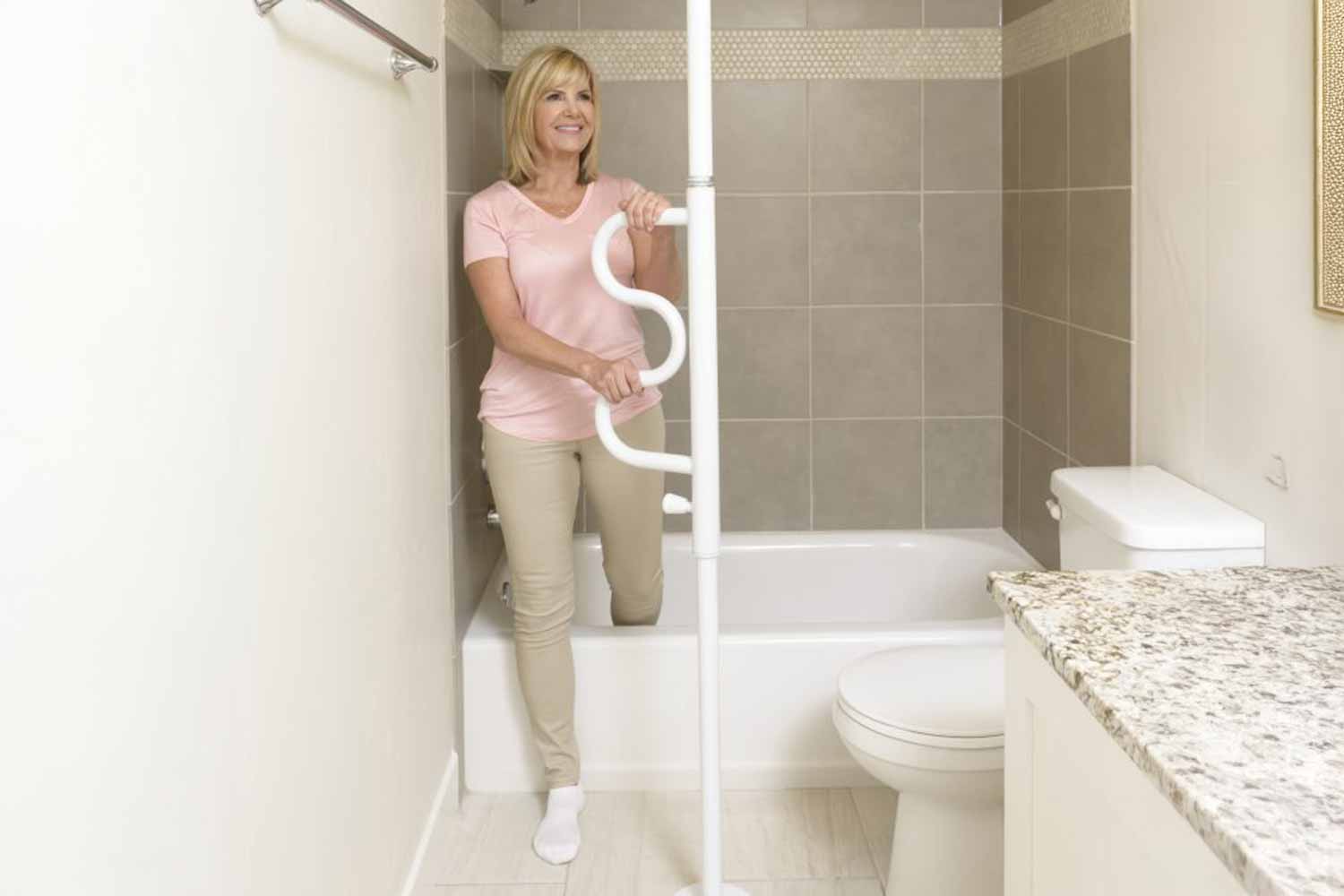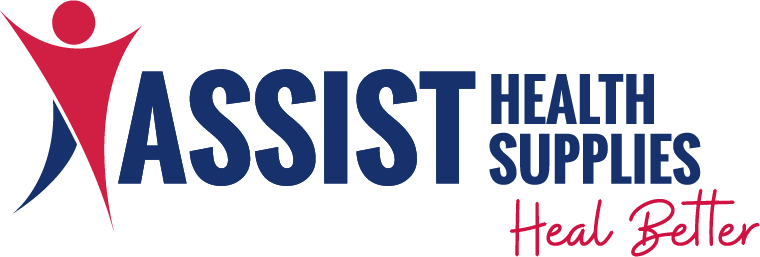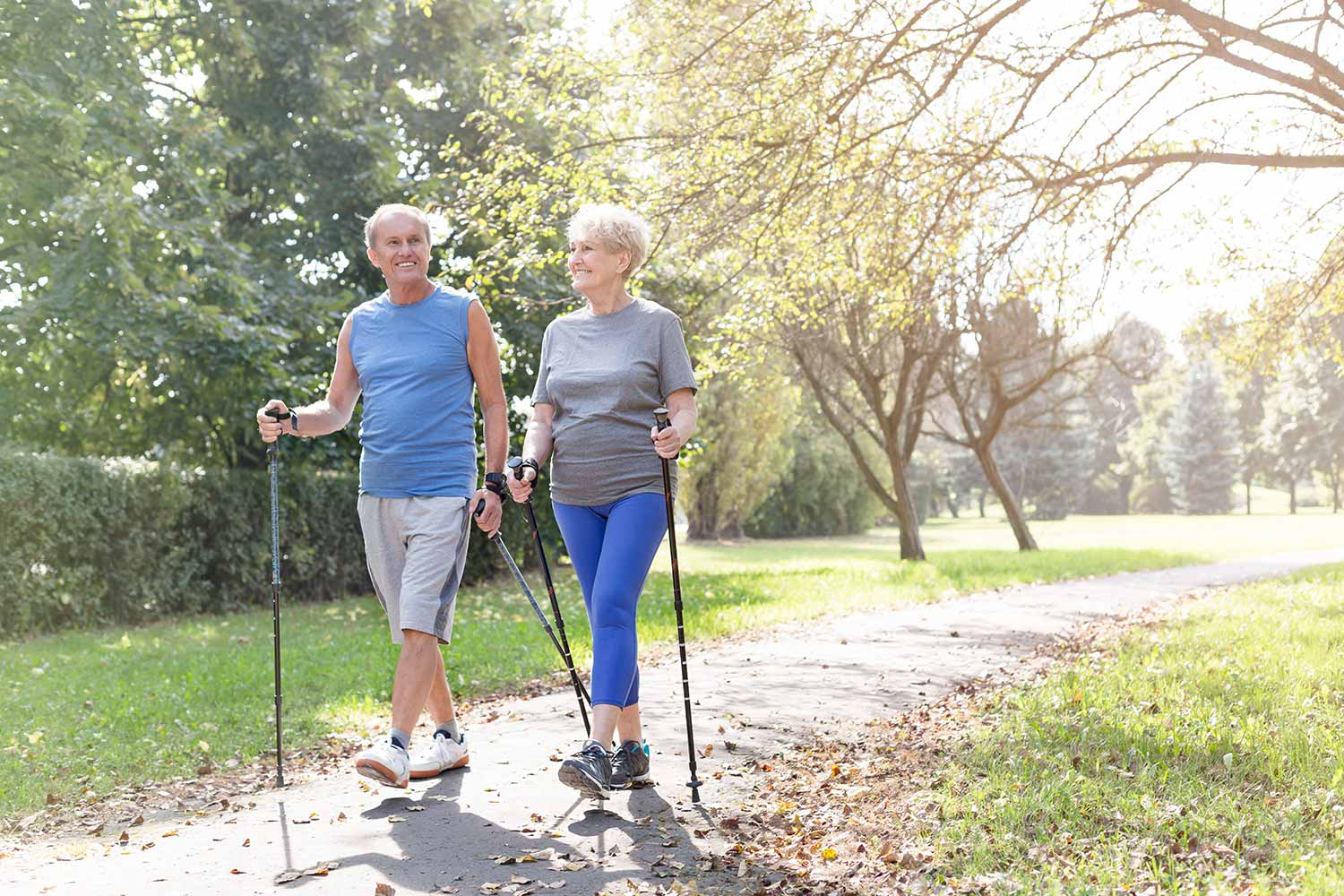Calgary is a city built on the promise of openness. Open skies. Open spaces. Open…

Inspiring Independence: Tools for Self-Care and Dignity
Maintaining independence and dignity is essential for individuals of all ages, especially those facing challenges related to mobility, health conditions, or aging. Empowering individuals with tools for self-care not only promotes independence but also enhances their sense of dignity and well-being. In this blog, we’ll explore some inspiring tools and strategies that support self-care and dignity, allowing individuals to live life on their terms with confidence and pride.
1. Adaptive Equipment
Adaptive equipment encompasses a range of tools designed to assist individuals with daily tasks and activities. Examples include reachers and grabbers for picking up objects, dressing aids for putting on clothes independently, and utensils with ergonomic handles for easier eating. These tools enhance functional independence and allow individuals to perform daily activities with greater ease and autonomy.
2. Mobility Aids
Mobility aids such as canes, walkers, and wheelchairs play a vital role in promoting independence and mobility for individuals with mobility challenges. Modern mobility aids are designed for comfort, stability, and ease of use, enabling individuals to navigate their environments confidently and safely. Accessories like walker trays, wheelchair ramps, and grab bars further enhance accessibility and independence at home and in the community.
3. Personal Care Devices
Personal care devices cater to various aspects of self-care, including grooming, hygiene, and health monitoring. Electric shavers, long-handled bath brushes, and adaptive shower benches facilitate personal grooming and bathing tasks. Additionally, devices such as blood pressure monitors, glucose meters, and medication reminders empower individuals to manage their health independently and stay proactive about their well-being.
4. Smart Home Technology
Smart home technology integrates seamlessly into daily life, offering convenience, safety, and independence. Voice-activated assistants, smart thermostats, and automated lighting systems enhance accessibility and comfort within the home. Safety features such as motion sensors, video doorbells, and emergency response systems provide peace of mind and quick assistance in case of emergencies.
5. Assistive Apps and Software
Assistive apps and software are valuable tools for promoting independence and productivity. Apps for medication management, appointment reminders, and grocery shopping can help individuals stay organized and on top of their daily tasks. Communication apps with text-to-speech and speech-to-text capabilities support individuals with communication challenges, fostering greater independence and social interaction.
6. Adaptive Furniture and Home Modifications
Adaptive furniture and home modifications are tailored to meet the unique needs of individuals with mobility or accessibility requirements. Adjustable beds, lift chairs, and shower benches offer comfort and support, while home modifications such as wheelchair ramps, grab bars, and stairlifts improve accessibility and safety within the home environment. These adaptations enable individuals to live independently and age in place comfortably.
7. Education and Training Programs
Education and training programs play a crucial role in empowering individuals with the knowledge and skills needed for self-care and independent living. Programs on fall prevention, medication management, nutrition, and home safety equip individuals with valuable information and strategies to maintain their well-being and dignity.
Conclusion
Inspiring independence through tools for self-care and dignity is a transformative approach that enhances the quality of life for individuals facing mobility challenges, health conditions, or aging-related concerns. By embracing adaptive equipment, mobility aids, personal care devices, smart home technology, assistive apps, adaptive furniture, home modifications, and education programs, individuals can maintain autonomy, confidence, and dignity in their daily lives. Empowering individuals to take control of their self-care promotes a sense of pride, purpose, and fulfillment, fostering a positive and meaningful life journey.



